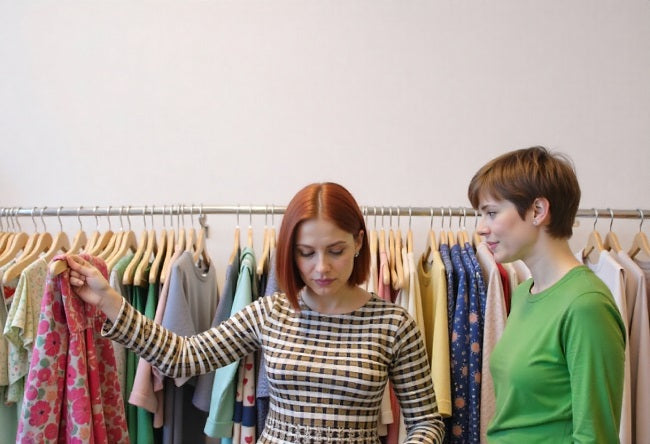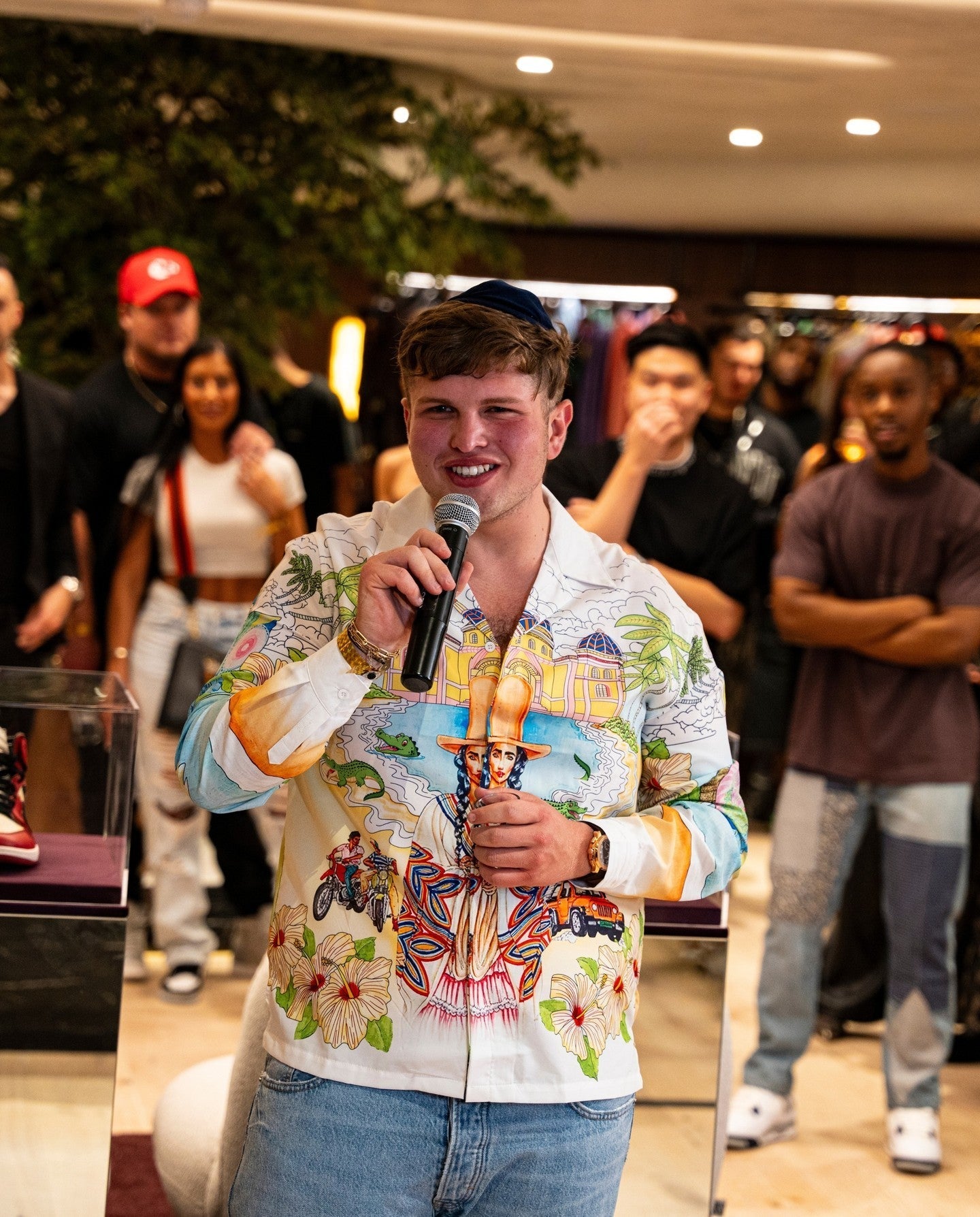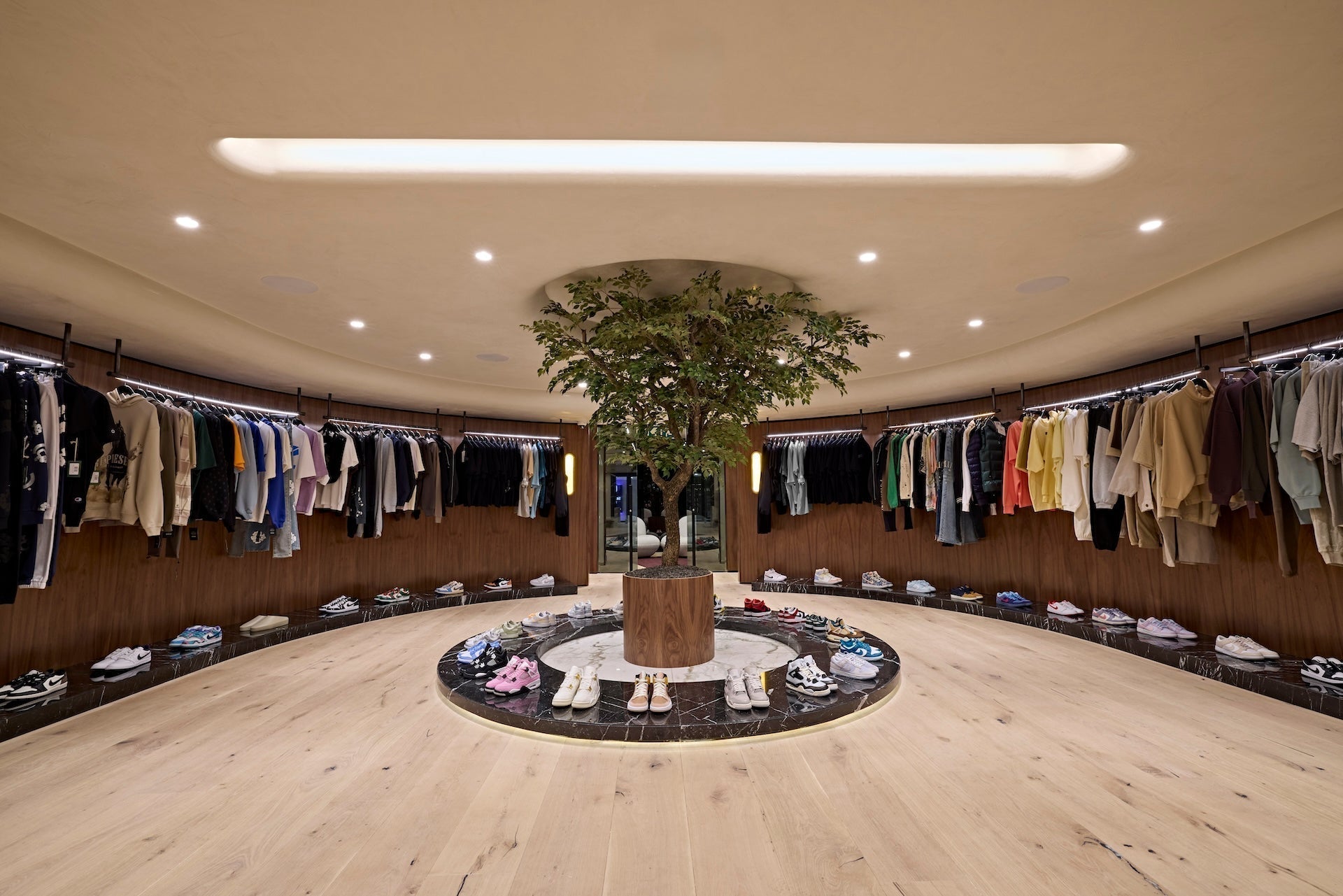Shop the Collections That Define Your Style
Fashion is one of the most dynamic industries in the world, yet it has long carried a heavy environmental footprint. From water pollution and fabric waste to exploitative labour practices, global fashion has often been associated with excess. But in recent years, the conversation has shifted, and South Africa is becoming a vital part of this global shift. Sustainable fashion South Africa, ethical designer brands, and eco friendly streetwear are more than just buzzwords, they represent a growing movement that prioritises responsibility without compromising style.
This article explores what eco and ethical fashion truly mean in the South African context, highlights inspiring examples, and provides practical guidance for shoppers who want to align their wardrobe with their values.
What “Sustainable” and “Ethical” Mean in the South African Context
Sustainable Fashion Defined
Sustainability in fashion refers to practices that reduce harm to the environment, conserve resources, and encourage long-term use. For South Africa, a country with rich biodiversity and unique ecosystems, sustainable fashion involves:
-
Material innovation: Use of organic cotton, hemp, bamboo, and recycled fibres.
-
Water conservation: Fabrics dyed with minimal water and non-toxic chemicals.
-
Energy efficiency: Factories powered by renewable energy sources.
-
Circular practices: Recycling, upcycling, and second-hand markets.
Ethical Fashion Defined
Ethical fashion focuses on the human side of the supply chain. In South Africa, this is deeply relevant given the textile industry’s complex history. Ethical fashion ensures:
-
Fair wages and safe working conditions for textile and garment workers.
-
Transparency in how and where garments are made.
-
Community upliftment, with local designers often sourcing and producing within South African communities.
Together, sustainable and ethical fashion create a holistic approach, protecting both the planet and its people.
Examples of Local & International Brands Leading the Way
Local Pioneers
-
Rich Mnisi – Known globally for his bold designs, Rich Mnisi has incorporated sustainable sourcing in limited collections and often highlights African storytelling in fashion.
-
Fundudzi by Craig Jacobs – A South African pioneer of eco fashion, Fundudzi uses organic fabrics and collaborates with local artisans to produce ethical garments.
-
The Joinery – Based in Cape Town, The Joinery produces sustainable bags, clothing, and corporate wear from recycled plastic bottles and upcycled fabrics.
-
Tshepo Jeans – A homegrown denim brand that champions local production, ethical labour, and long-lasting garments.
International Influences in SA
-
Stella McCartney – Her cruelty-free luxury fashion resonates with South African luxury shoppers seeking alternatives to leather and fur.
-
Patagonia – Known for eco-friendly streetwear and outdoor clothing, their presence in the South African retail scene pushes global sustainability standards.
-
Adidas x Parley – Collaborations using recycled ocean plastic bring awareness to SA’s coastal communities.
These examples show that eco and ethical fashion are no longer niche but mainstream conversations in both global and local markets.
How Customers Can Make More Ethical Fashion Choices
Shoppers have more power than they often realise. Here are practical ways South African consumers can embrace sustainable and ethical fashion:
-
Buy less, choose better
Invest in timeless, high-quality items rather than fast-fashion pieces that wear out quickly. -
Support local brands
Purchasing from South African ethical designer brands helps strengthen the economy while reducing shipping emissions. -
Explore second-hand markets
Thrift shops, vintage boutiques, and online resale platforms are thriving in South Africa, offering unique fashion finds while reducing waste. -
Check the label
Look for certifications such as organic, fair trade, or recycled materials. -
Care for your clothes
Extend garment life through proper washing, repairs, and repurposing. -
Ask questions
Transparency is key. Ethical brands are proud to tell their stories, don’t be afraid to ask where and how clothing is made.
The Benefits of Sustainable Fashion
Adopting sustainable fashion isn’t just about conscience; it also has tangible benefits:
-
Long-term value – High-quality garments last longer, reducing replacement costs.
-
Unique style – Many eco friendly streetwear brands focus on originality and limited runs.
-
Health benefits – Natural and organic fabrics reduce exposure to harmful chemicals.
-
Community impact – Supporting ethical designer brands uplifts South African artisans and textile workers.
-
Environmental protection – Every eco-friendly purchase helps reduce carbon emissions, water waste, and landfill burden.
In short, sustainable fashion is good for the planet, people, and your personal wardrobe.
Where Soul Gallery Fits Into the Eco & Ethical Movement
As a platform curating exclusive brands, Soul Gallery has a unique opportunity to showcase sustainable and ethical collections. By incorporating eco friendly streetwear and ethical designer brands into its catalogue, Soul Gallery can:
-
Appeal to conscious consumers – South Africans increasingly demand accountability in their fashion choices.
-
Differentiate itself in the luxury market – By highlighting sustainable and ethical brands, Soul Gallery can stand apart from conventional retailers.
-
Build long-term trust – Customers value retailers that align with their values.
Whether through spotlighting local sustainable designers, partnering with eco-conscious international brands, or creating campaigns around ethical fashion, Soul Gallery can take a leadership role in shaping South Africa’s fashion future.
Eco and ethical fashion is no longer optional, it is the future. In South Africa, a growing community of designers, brands, and conscious consumers are showing that style and sustainability can go hand in hand. From sustainable fashion South Africa to ethical designer brands and eco friendly streetwear, the shift is happening, and forward-thinking retailers like Soul Gallery can play a defining role.
By making informed choices, supporting local designers, and demanding transparency, South African shoppers can ensure that fashion remains not only beautiful but also beneficial for the world around us.
Upgrade your wardrobe with our Men’s Collection, discover elegance in the Women’s Collection, dress your little ones in style with the Kids’ Collection, and complete every outfit with our curated Accessories, explore Soul Gallery today and step into fashion that defines you.
FAQs and Answers
1. What is sustainable fashion in South Africa?
Sustainable fashion in South Africa refers to clothing made with environmentally friendly materials, ethical labour practices, and reduced waste.
2. Why are ethical designer brands important?
They ensure fair wages, safe working conditions, and responsible sourcing, which benefits both workers and consumers.
3. What is eco friendly streetwear?
Eco friendly streetwear combines casual, urban fashion with sustainable fabrics like organic cotton or recycled polyester.
4. Are there South African brands that focus on sustainability?
Yes, brands like The Joinery, Fundudzi, and Tshepo Jeans lead the way in local sustainable fashion.
5. How can I support ethical fashion as a consumer?
You can buy from ethical brands, support local designers, choose quality over quantity, and shop second-hand.
6. Does sustainable fashion cost more?
While some items are more expensive upfront, they last longer and provide better long-term value.
7. How does Soul Gallery fit into ethical fashion?
By curating and promoting sustainable and ethical designer brands, Soul Gallery can give shoppers responsible yet stylish choices.
8. Why is sustainable fashion becoming so popular?
Consumers are increasingly aware of environmental issues and want their clothing to reflect their values and lifestyle.



